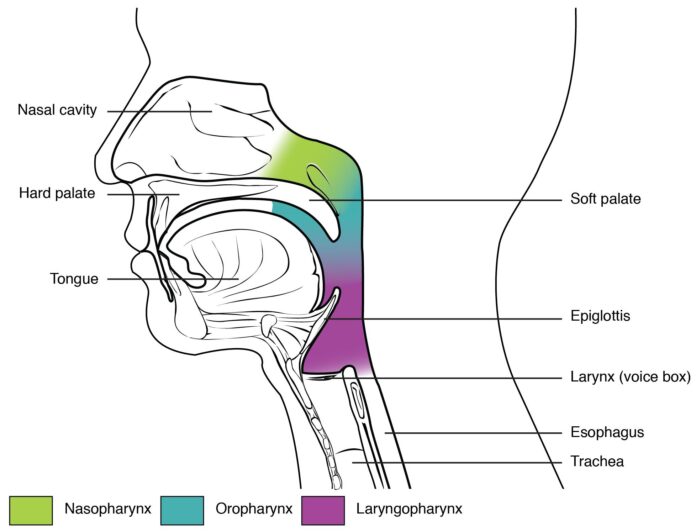
Bronchitis is a common respiratory condition that causes inflammation of the bronchial tubes. It can be acute or chronic and is typically characterized by coughing, wheezing, and shortness of breath. Understanding the symptoms of bronchitis is essential for early detection and treatment. This article will explore the various symptoms of bronchitis and provide insights into managing the condition.
It’s important to note that the symptoms of bronchitis can vary from person to person and may be influenced by factors such as age, overall health, and the presence of underlying medical conditions. However, there are certain common symptoms that are indicative of bronchitis and can help in identifying the condition.
1. Persistent Cough
One of the primary symptoms of bronchitis is a persistent cough that may produce mucus. The cough can be dry or productive and often worsens at night or in the early morning. It is a result of the body’s attempt to clear the airways of irritants and mucus. In some cases, the cough may persist for several weeks, even after other symptoms have improved. It is important to seek medical attention if the cough is severe or persistent.
2. Shortness of Breath
Individuals with bronchitis may experience shortness of breath, especially during physical activity or exertion. This symptom is a result of the inflamed and narrowed airways, which can make it difficult for the lungs to receive an adequate amount of air. In severe cases, shortness of breath may occur even at rest, indicating a more acute episode of bronchitis that requires immediate medical attention.
3. Chest Discomfort
Some people with bronchitis may experience chest discomfort or a feeling of tightness in the chest. This is often a result of the inflammation and irritation of the bronchial tubes, which can cause pain and discomfort. It is important to differentiate this symptom from chest pain associated with a heart attack or other cardiac conditions, as the treatment and management will differ.
4. Wheezing
Wheezing is a common symptom of bronchitis and is characterized by a high-pitched whistling sound that occurs when breathing. It is caused by the narrowing of the airways and is often more pronounced during exhalation. Wheezing can indicate that the bronchial tubes are inflamed and constricted, making it difficult for air to pass through. This symptom is more common in individuals with asthma or chronic bronchitis.
5. Fatigue
Individuals with bronchitis may experience fatigue and weakness, which can be attributed to the body’s efforts to fight off the infection and inflammation. Fatigue is a common symptom and can have a significant impact on daily activities and overall quality of life. It is important to get adequate rest and stay hydrated to help the body recover from bronchitis.
6. Fever and Chills
Acute bronchitis can be accompanied by fever and chills, especially in cases caused by a viral infection. The presence of fever indicates that the body is actively fighting off the infection and should be monitored closely. It is important to seek medical attention if the fever is high or persistent, as it could indicate a more severe respiratory infection.
7. Sore Throat
Sore throat is another common symptom of bronchitis, especially if the condition is accompanied by postnasal drip or sinus congestion. The inflammation of the bronchial tubes can cause irritation and discomfort in the throat, making it difficult to swallow and speak. Sore throat may also be accompanied by a dry or scratchy sensation.
8. Nasal Congestion
Individuals with bronchitis may experience nasal congestion and postnasal drip, which can contribute to throat irritation and coughing. Nasal congestion is a result of the body’s response to the respiratory infection and can make breathing more difficult. It is important to manage nasal congestion with appropriate medications or remedies to alleviate symptoms.
9. Headaches
Headaches are a common symptom of bronchitis and can be caused by the body’s response to infection and inflammation. The presence of headaches may indicate that the infection has spread to the sinuses or other parts of the respiratory system. It is important to stay hydrated and manage symptoms to prevent headaches from worsening.
10. Muscle Aches
Some individuals with bronchitis may experience muscle aches and joint pain, which can be attributed to the body’s immune response to the infection. Muscle aches may make it difficult to move and can contribute to overall discomfort and fatigue. It is important to rest and practice gentle stretching to alleviate muscle aches.

















